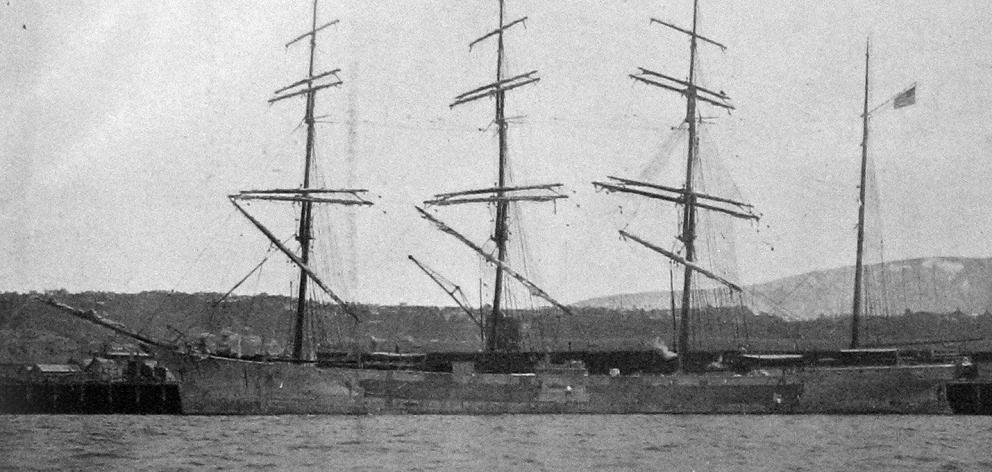
The prominence which he achieved in American life was by no means limited to his term of office as President of the United States. A man of strong personality, his leading characteristics were those of a remarkably virile type, and as such made a strong impression in the sphere of his activities. It was no part of his scheme of life to hide his light under a bushel. His way of doing things, whether it was conducting a political campaign or pursuing big game — for Mr Roosevelt aspired to be, like Nimrod, a mighty hunter — seemed inevitably to be the spectacular way. But it was thus that his unbounded energy found its outlet. Mr Roosevelt was emphatically the man of action and the bigger and more resounding the action the more he seemed to be in his element.
Shell-shock experts
Sixty-five young women are undertaking a unique means of proving their value to the country, by beginning a highly specialised type of war work that will eventually mean much to the labour power of the country (says a New York paper). They are graduates of the Training School for Psychiatric Social Work at Smith College, Northampton, and are styled ‘‘shell-shock experts’’. They will go immediately to clinics in New York, Boston, and other cities to begin six months’ practical work with nervous patients. They will undertake the economic and physical reconstruction of shell-shock victims, with the idea of making these unfortunate men fit once more for places in industry. It is estimated that eventually 2000 psychiatric aides can be used to advantage in this work. The Department of Labour is co-operating with the War Department and the Federal Board for Vocational Education in the rehabilitation of disabled soldiers.
Horse disposal
The problem of the disposal of army horses was referred to in a speech in London by Sir William Birkbeck, Director of Remounts. He said that there were 250,000 horses with the British armies abroad. Britain had been denuded of 17 per cent of its working horses for the armies, while 700,000 had been purchased in America. Regarding their disposal, Sir William Birkbeck stated that Belgium was being supplied with 50,000 to assist in reconstruction, while a large number would be wanted in France for similar work. It was intended to sell 25,000 in England by the end of January. The speaker remarked that the army wastage of horses had been less than was experienced in commercial firms before the war. — ODT, 8.1.1919.
• COPIES OF PICTURE AVAILABLE FROM ODT FRONT OFFICE, LOWER STUART ST, OR WWW.OTAGOIMAGES.CO.NZ












